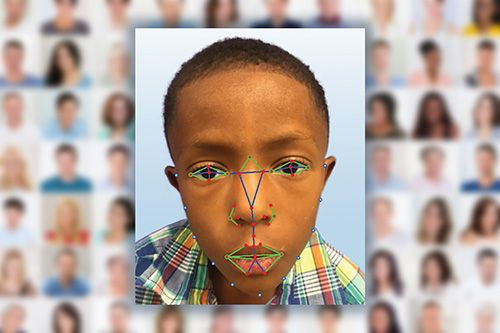Facial Recognition Software Will Help Identify Rare Genetic Disease In Africans, Asians And Latin Americans

A team from the National Human Genome Research Institute (NHGRI) has developed a facial recognition technique, which could help identify a rare genetic condition, DiGeorge syndrome affecting Africans, Asians and Latin Americans.
"Human malformation syndromes appear different in different parts of the world Even experienced clinicians have difficulty diagnosing genetic syndromes in non-European populations," Paul Kruszka, a medical geneticist in NHGRI's Medical Genetics Branch said in the press release.
Read: Facial Recognition Should Be Used To Track Undocumented Immigrants, Rep. Chaffetz Says
The DiGeorge disease is a gene (22q11.2) deletion syndrome, also called the velocardiofacial syndrome, which causes multiple defects in the body such as cleft palate, heart defects and learning problems. It is difficult to diagnose in diverse populations, especially with people of mixed race origin. The NHGRI study published in the American Journal of Medical Genetics Thursday cites its goal as helping diagnose the disease to enable early-stage medical intervention.
"Healthcare providers here in the United States as well as those in other countries with fewer resources will be able to use the atlas and the facial recognition software for early diagnoses. Early diagnoses means early treatment along with the potential for reducing pain and suffering experienced by these children and their families," said Maximilian Muenke, managing director and chief of NHGRI's Medical Genetics branch.
The research was done using the clinical information of 106 subjects along with photos of 101 subjects who had the disease. The difference in the facial appearance of people with and without the disease was then mapped and based on the mapping, the researchers claim that they made 96.6 percent correct diagnoses across all ethnic groups.
Read: Facial Recognition Could Replace Passports In Austrailia By 2020
The development of digital facial recognition technology is credited to Marius George Linguraru, an investigator at the Sheikh Zayed Institute for Pediatric Surgical Innovation at Children's National Health System in Washington, D.C. It has been previously successful at diagnosing Down syndrome, according to a study published in December 2016.
© Copyright IBTimes 2024. All rights reserved.




















